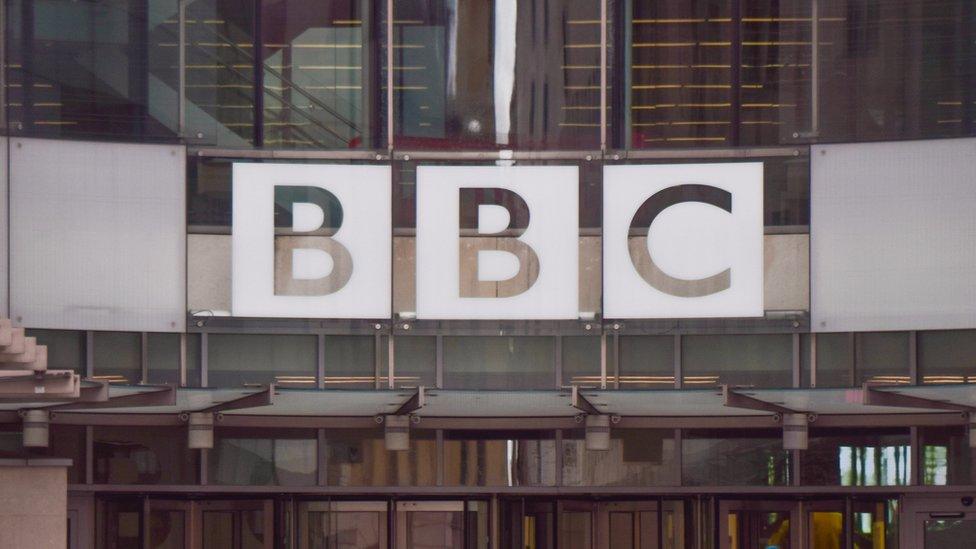Yorkshire MPs co-sign letter to BBC boss Tim Davie over local radio cuts
- Published
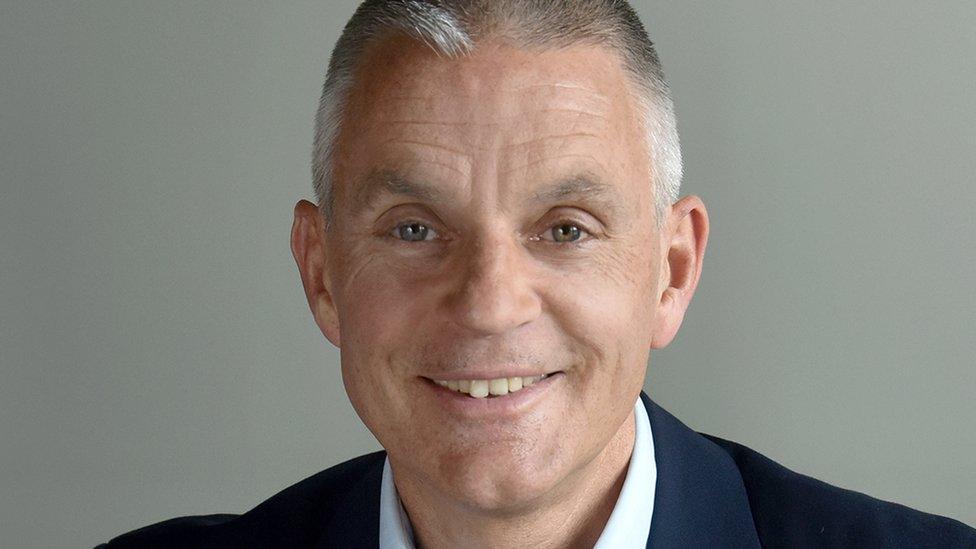
A cross-party group of MPs are meeting Tim Davie in Westminster on Tuesday
Twenty six cross-party Yorkshire MPs have written to the BBC's director general to raise their "concerns" over proposed cuts to local radio.
The BBC wants its 39 local stations to share more programmes as part of a plan to modernise services across England.
The National Union of Journalists (NUJ) is staging a 48-hour strike on Wednesday.
A BBC spokesperson said "we are passionate about serving local communities".
In an open letter written to the BBC's director general, Tim Davie, MPs have called for management to reconsider the changes, which would see stations sharing regional programmes, with "popular DJs being axed".
The signatories include Labour's Hilary Benn, Dan Jarvis, Diana Johnson, Sarah Champion, Kim Leadbeater and Conservative MP for Penistone and Stocksbridge, Miriam Cates.
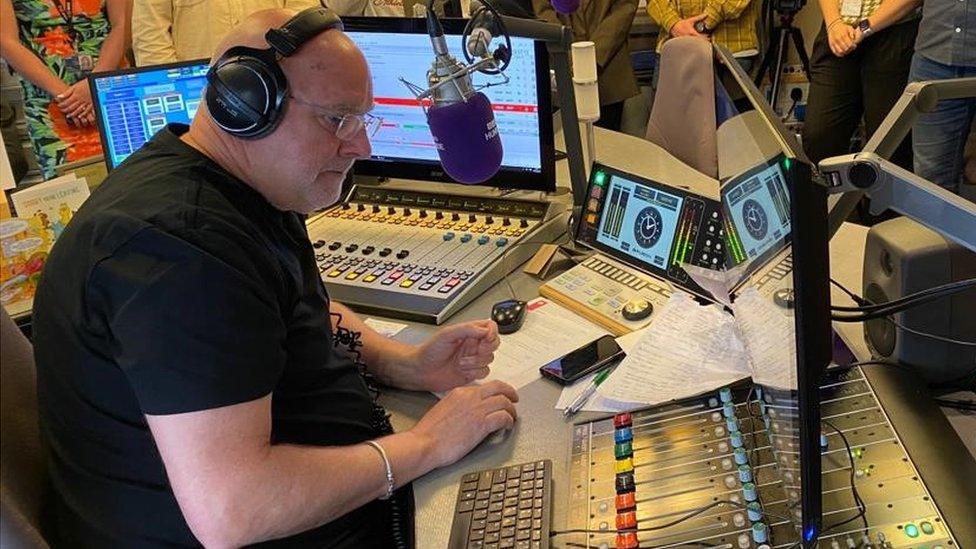
Labour MP Emma Hardy started the campaign following popular BBC Radio Humberside presenter David Burns' tweet announcing he was leaving the station
In the letter, they said they believed the BBC's local radio service provided "a valuable public service of information and companionship" for communities and underserved audiences with a weekly listenership of 5.4m Yorkshire-wide.
They also called for a "proper" consultation into the proposals.
"We are deeply concerned that these plans are being put in place without any public consultation.
"This is Licence Fee money, something that just about every household has a stake in, yet no research has been presented about the possible effects of these changes."
A number of MPs from Yorkshire and Lincolnshire are also due to meet Mr Davie in Westminster at 14:00 BST to question him over the proposals.
Labour MP for Hull West and Hessle Emma Hardy, who started the campaign after Radio Humberside presenter David Burns announced he was leaving the station, said: "Local BBC radio is a lifeline to so many in our communities. Its presenters are familiar, trusted voices who understand the lives of their listeners."
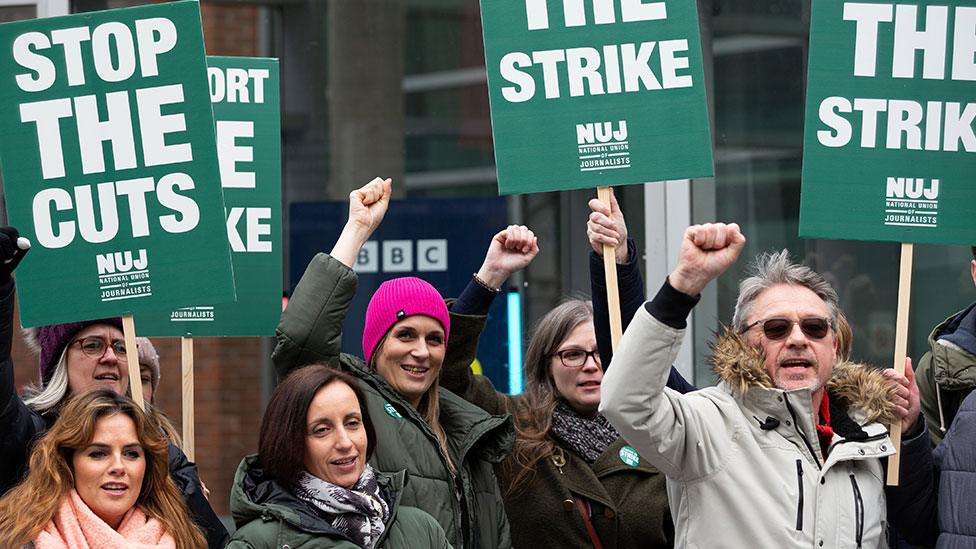
BBC journalists initially walked out on strike in March in a dispute over cuts to local radio
She claimed some local radio staff had been "intimidated and forced [out] through a 'Hunger Games' [recruitment] process to plead for their own jobs, with most being made redundant and threats to that redundancy package if they speak publicly", describing it as "disgraceful".
"This meeting with Tim Davie will be an opportunity to express our opposition to these cuts to this vital service and I hope the outcome will lead to a reconsideration of the decision," she said.
Holly Lynch, Labour MP for Halifax, called for an "urgent rethink" of the BBC's plans.
She said listeners relied on local radio for information about major incidents, such as flooding and moorland wildfires.
"That localised safety information is really, really important to people, and the more local the better when you're thinking about that type of messaging," the MP told BBC Radio Leeds.
A BBC spokesperson said: "All 39 BBC Local Radio stations including Radio York, Radio Sheffield, Radio Leeds, Radio Lincolnshire and Radio Humberside will continue to provide local programming throughout the week under these plans.
"We are passionate about serving local communities but Local Radio is just one of the ways we reach our audiences. We want to modernise our local services so that however licence fee payers choose to get their local information, we'll be there across radio, television and online for many years to come."

Follow BBC Yorkshire on Facebook, external, Twitter, external and Instagram, external. Send your story ideas to yorkslincs.news@bbc.co.uk, external.
Related topics
- Published16 May 2023

- Published12 May 2023
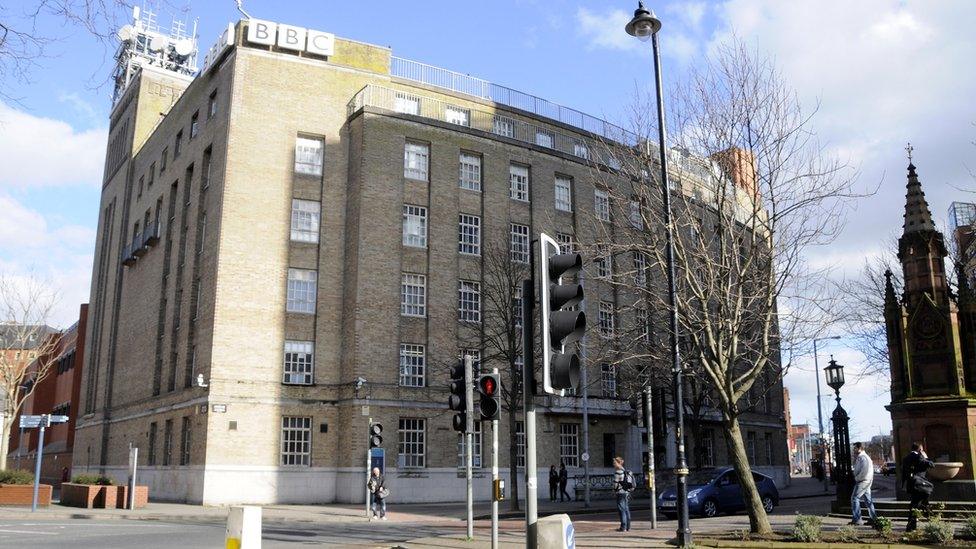
- Published24 April 2023
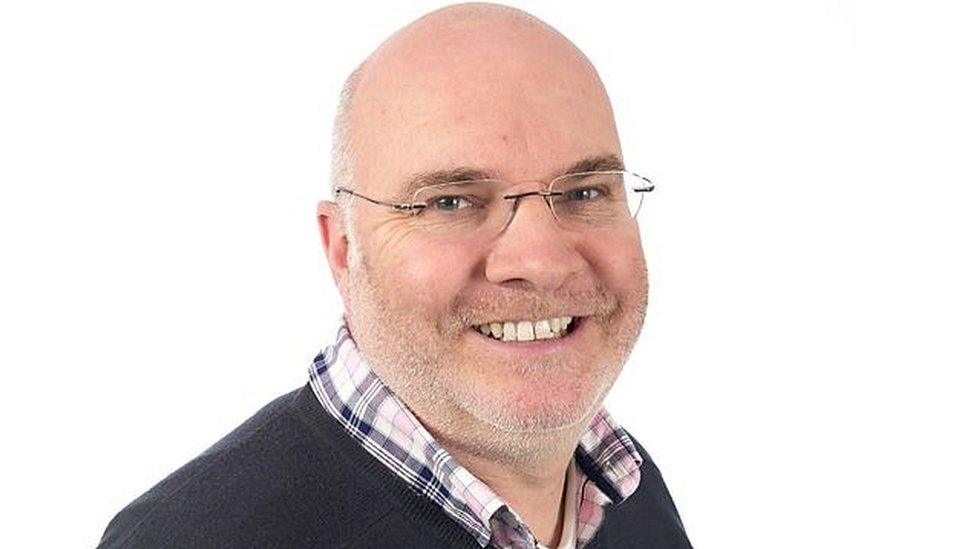
- Published18 January 2023
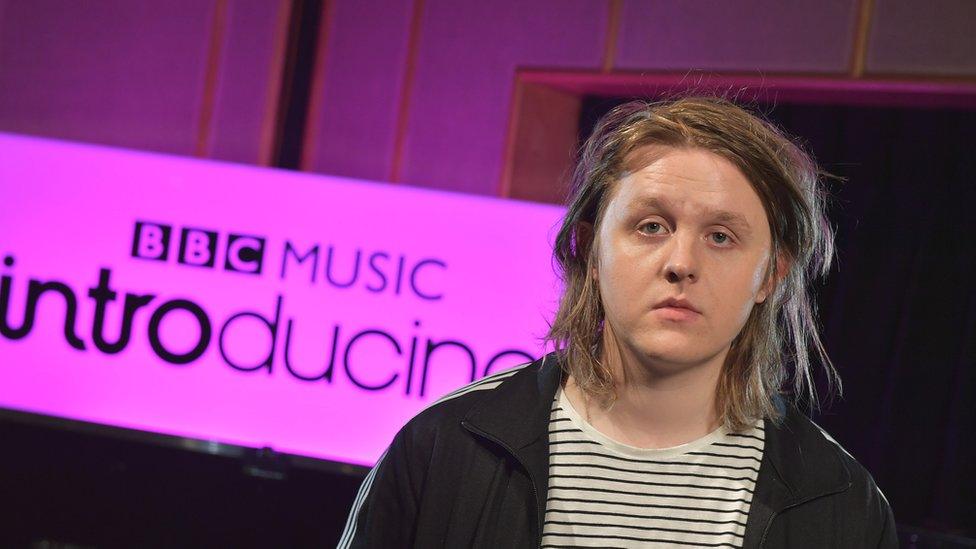
- Published1 November 2022
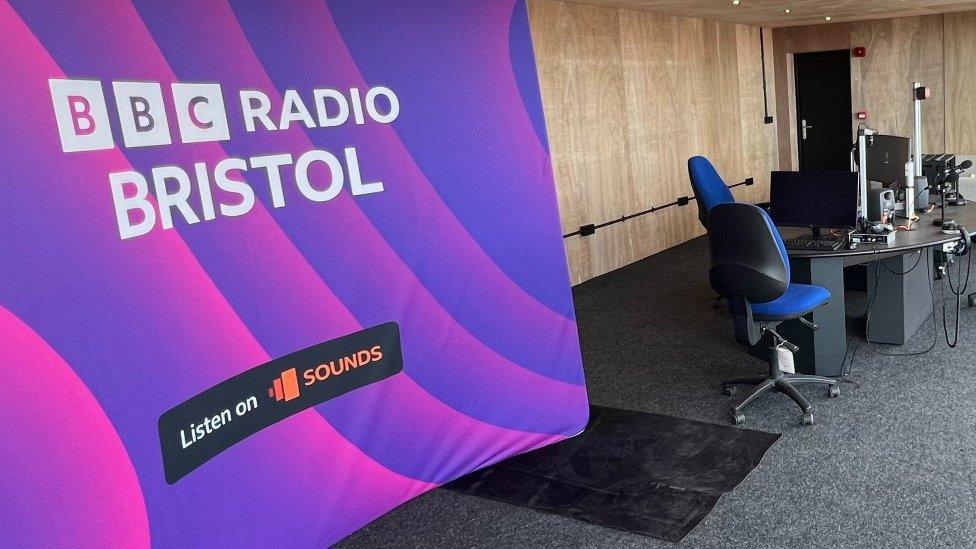
- Published31 October 2022
